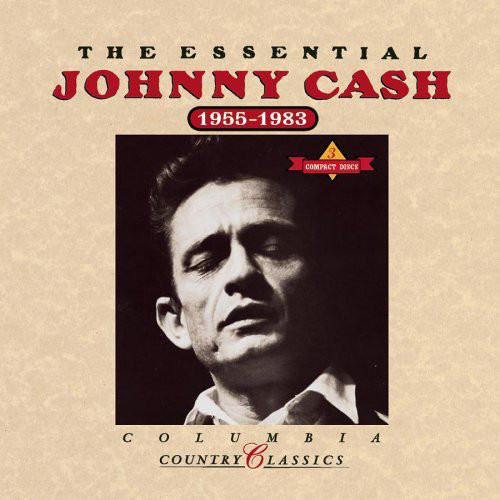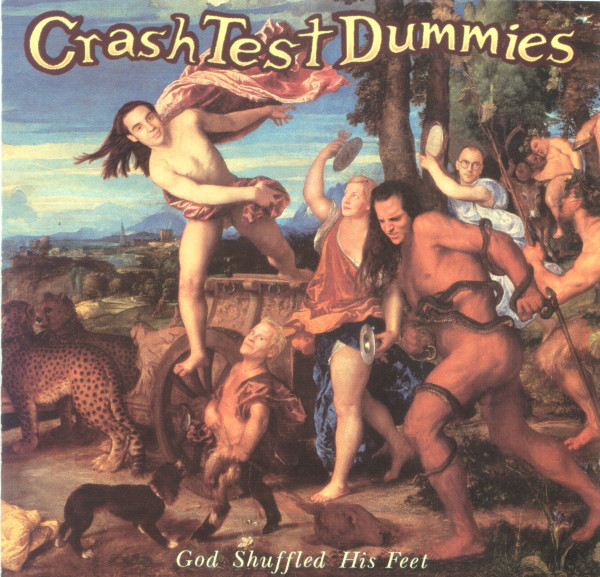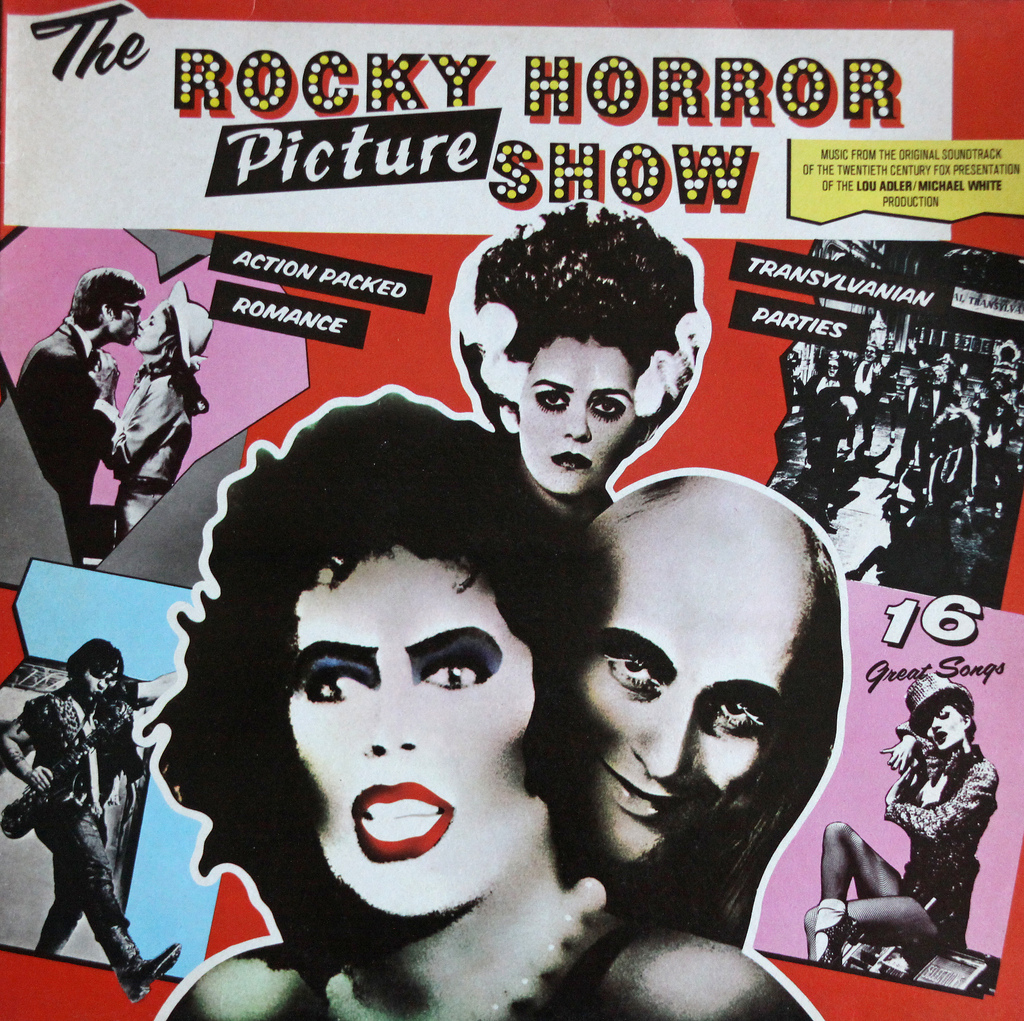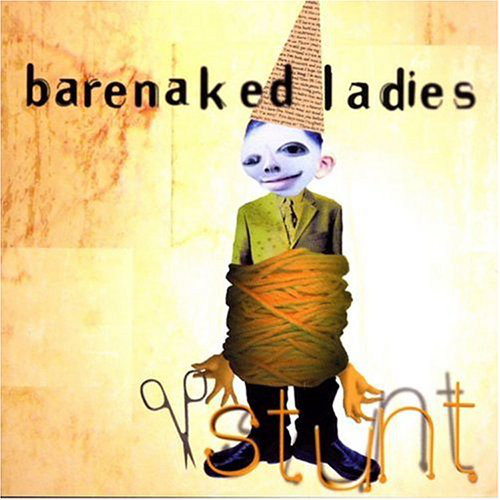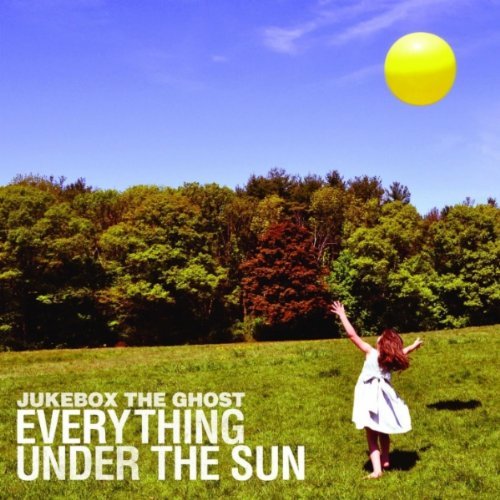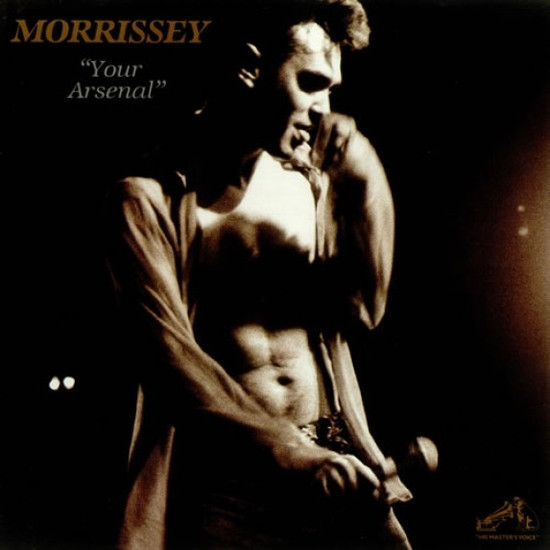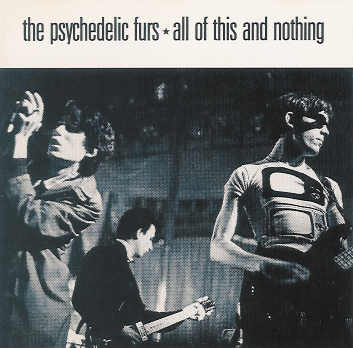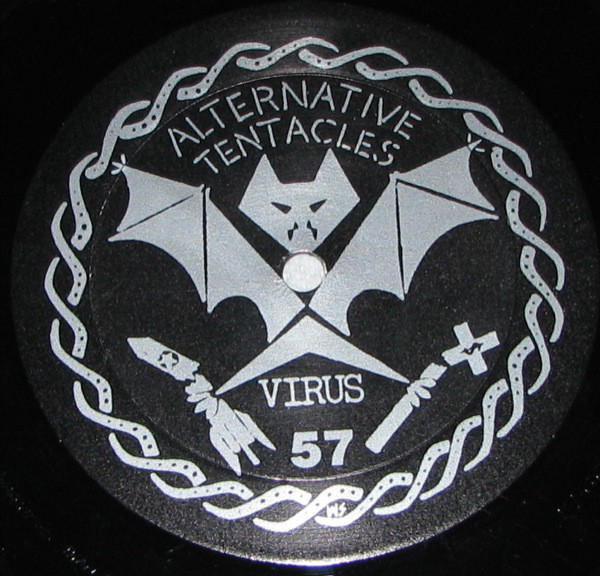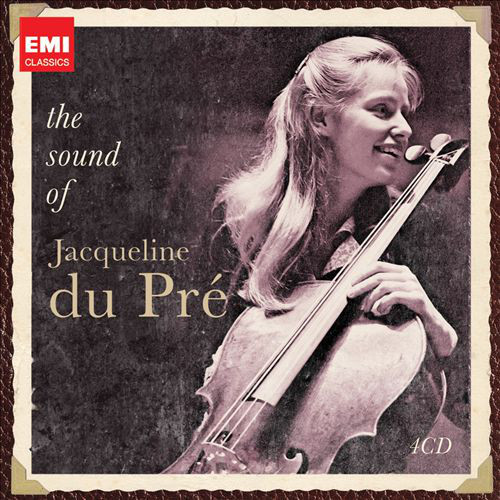 There are few bands or musicians that command universal respect. Even The Beatles have their detractors. But when talking to other music-minded folks, I can’t recall a single soul who had a bad word to say about Johnny Cash. The Man in Black’s career spans nearly 50 years, and The Essential Johnny Cash 1955-1983 is a treasure trove of Cash’s early to middle years.
There are few bands or musicians that command universal respect. Even The Beatles have their detractors. But when talking to other music-minded folks, I can’t recall a single soul who had a bad word to say about Johnny Cash. The Man in Black’s career spans nearly 50 years, and The Essential Johnny Cash 1955-1983 is a treasure trove of Cash’s early to middle years.
Cash is a hard artist to categorize. He’s often lumped in with country music, but also folk, rockabilly, and he’s done work that fits in the gospel category as well. According to his Wikipedia page, his later work fits in the alternative rock and even “Southern Gothic” categories.
Cash moves between genres effortlessly. On The Essential Johnny Cash you’ll find excellent examples of country standards, folk standards, gospel tunes, rockabilly, talking blues, and rock ‘n roll. The unifying factor is Cash’s legendary bass-baritone voice. There’s no mistaking Cash for anyone else, and he cannot be duplicated.
With 73 tracks on the three CD set, I won’t try to go track by track, but there are a few standouts I can’t resist touching on.
The Man in Black
There’s Cash’s “Man in Black,” a simple statement of why Cash opts to wear an all-black stage outfit rather than the more garish outfits usually associated with country acts. It’s unabashedly political, a protest song against Vietnam, mistreatment of drug users, and more.
It’s a simple, stripped-down song that depends Cash’s voice and acoustic guitar. And that’s it, really.
That’s the somber side of Cash, but his music has a much lighter side as well. There’s the classic “A Boy Named Sue,” which… well, if you’ve never listened to it, you need to pause a minute and give it your full attention for a little less than four minutes.
[youtube https://youtu.be/WOHPuY88Ry4]
There’s also “One Piece at a Time,” an upbeat piece about an autoworker stealing parts for a Cadillac over several years (decades?), eventually to assemble them into a Franken-car.
Paying for your crimes
Cash’s work is clearly aimed at the blue-collar, working poor. Plenty of songs in this collection are from the perspective of prisoners regretting their crimes, or about to pay for their crimes on the gallows. “25 Minutes to Go,” Written by Shel Silverstein, Cash counts down the minutes until the trap drops.
“Oney” is a revenge fantasy about a worker getting to punch out his boss on his last day at work. And, of course, you’ve got Cash’s cover of “The Legend of John Henry’s Hammer.”
Whether it’s talking blues, rockabilly, Cash’s version of country, or even gospel, there’s not a single song on this collection I’d leave off.
The organization of the collection is a bit haphazard, but that’s the only real complaint I can muster about this selection. For folks just wading into the work of Johnny Cash, as I was in the early 2000’s when I picked this up, it’s a fantastic primer on the first few decades of his work. Trying to get entirely up to speed on Cash is a bit daunting, given his fairly prodigious output and longevity. Start here, and then consider moving on to the American recordings.
